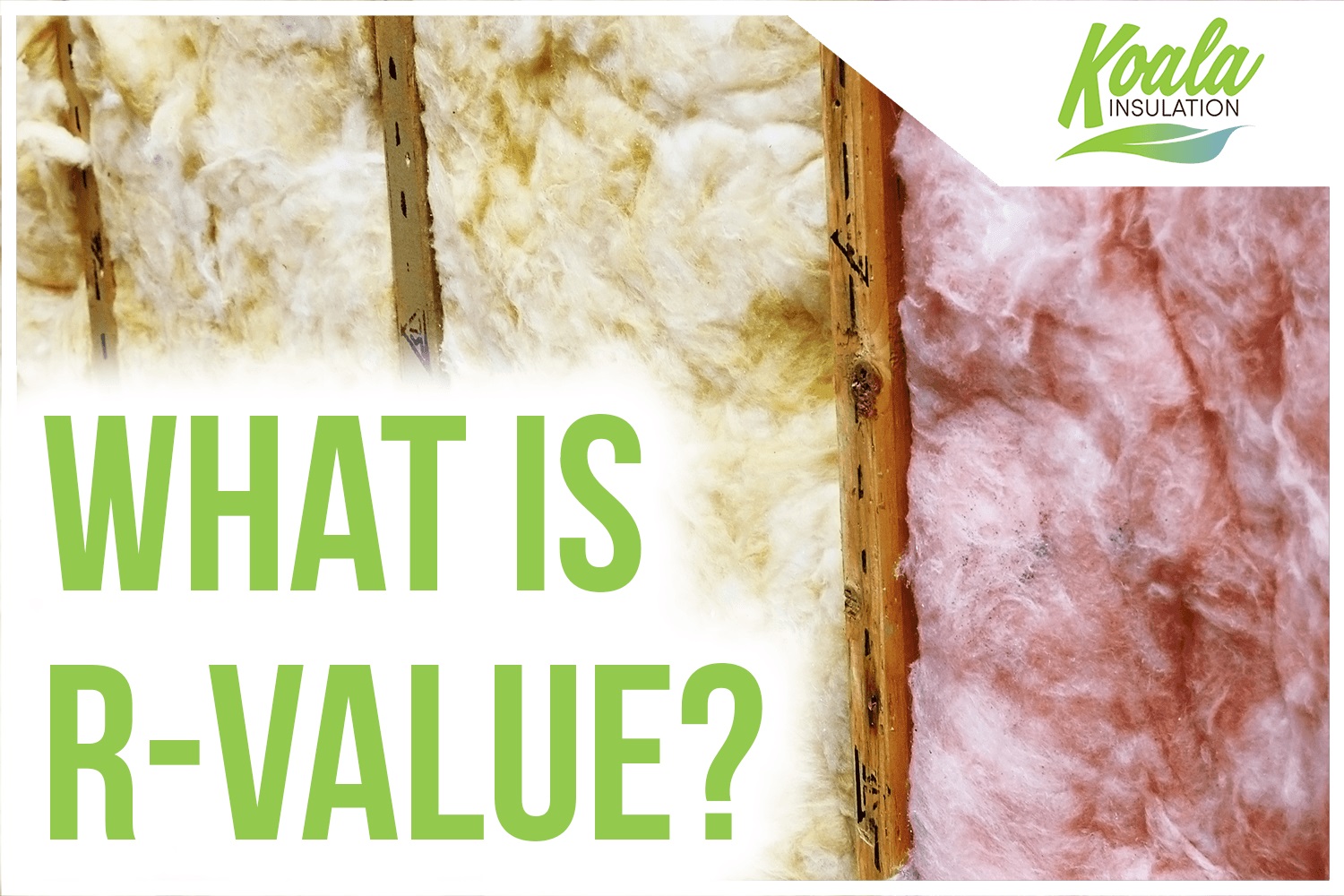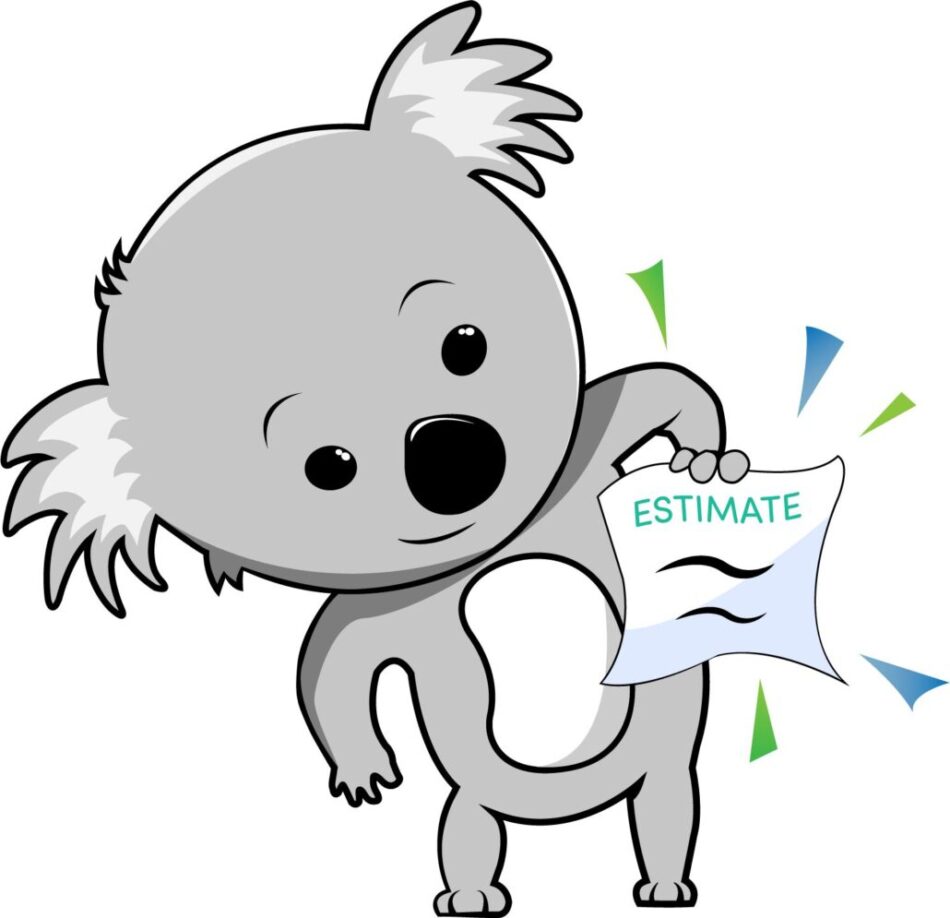Insulation 101: Understanding R-Value in South Kansas City

One of the most important aspects of insulation is the R-value. When you’re deciding on the material to install in your home, your insulation experts will explain the difference between the different R-values of each insulation type. However, most homeowners aren’t familiar with what R-value is, let alone how the differences can affect your choices. Our team of insulation professionals at Koala Insulation of South Kansas City has put together a breakdown of R-value’s importance and what the differences can mean for your insulation choices.
What is R-Value?
First, it’s important to understand the primary function of insulation, which is temperature regulation to improve climate control. The material that’s installed throughout your house is there to reduce the rate of heat transfer. This is the rate at which heat enters and exits a building. If the insulation in your home is improperly installed, damaged, or deteriorated, you’ll start to experience increased discomfort and irregular temperatures.
The R-value of insulation, also known as resistance value, is the numerical measurement of the material’s ability to resist heat transfer. Insulation material with higher R-values is better able to reduce the movement of heat in and out of your home. There are a few ways you may start to notice your insulation is starting to deteriorate:
- One room or a side of the house that is cooler or hotter than the rest of the house
- Drafts or cold spots
- Poor indoor air quality
- Higher energy bills and maintenance fees for an overworked HVAC system
It’s important to notice the signs of poor quality insulation before they start to significantly affect your comfort and safety. While some homeowners may blame the changing weather and attempt to “stick it out” through extreme temperatures, having your insulation evaluated and updated as soon as you begin to notice a climate control problem can save you exponentially in the long run.
The Different R-values for Insulation Materials
Different insulation materials will have different R-value measurements. With a high R-value, less material needs to be installed to slow heat transfer. It’s important to note, however, that while some materials have lower R-values, this doesn’t mean they’re inferior to higher R-value options. Instead, these insulation types may have separate benefits that make them more effective for the space you’re looking to have installed.
For example, closed-cell spray foam has the highest R-value of your options, with an average of about 6.9 per inch. While this is effective when applied to walls, in between ceiling joists, and, in some cases, on the roof, it’s not always the first choice. An option like blown-in cellulose, which has an average R-value of 3.4 per inch, may be better suited to line your attic’s floor and in the walls between rooms. Cellulose is also treated with boric acid, which has antifungal properties and kills insects that digest the material, helping to deter mold growth and pest infestation.
For more information on the different types of insulation materials and their benefits, take a closer look at our article How To Choose Insulation.
How to Improve R-Value
As the insulation material deteriorates over time, the R-value is less effective. While some insulation can last up to 15 years, various factors can increase the rate of deterioration but the most common is damage from moisture exposure and leaks in the roof or foundation. As such, regular evaluations can help you catch damaged insulation before it begins to cause problems for your comfort and safety.
Retrofit insulation can drastically improve your environment. When an expert from Koala Insulation of South Kansas City finds an area of insulation that needs to be retrofitted, our team removes the problematic material. Once we have ensured the area isn’t affected by other problems like moisture, mold, or pest infestation, we add new material to restore the R-value.
What R-Value Do You Need?
Unfortunately, it’s not always simple to calculate the R-value your home requires. Many variables affect your choices: your climate zone, the area you’re insulating, the material’s additional factors, etc. While some home improvement sites have simple breakdowns of general R-value requirements to meet, it’s important to consult a professional for your exact needs.
When your home was first constructed, an industry professional evaluated the building’s initial requirements. This is not only based on building regulations and regional standards, but these contractors also take into account information from national recommendations and climate conditions. The Department of Energy has an informative illustration that describes where a residential building should have adequate insulation installed.
Every room, floor, and crawlspace will have different R-value requirements, so it’s a good idea to have an insulation technician provide insight into your home’s current condition. Even if you’re planning to do some DIY projects for minor insulation adjustments, having their skilled perspective can help educate you and your household on the impact of insulation on your home.
Learn More with South Kansas City’s Professionals
While insulation may suffer from the “out of sight, out of mind” treatment from many homeowners, learning more about the material lining your house can significantly help you increase comfort, safety, and savings. R-value is one of the most crucial aspects to understand about insulation, even if it may seem complicated at first. Knowing the basics at least can help you have a general grasp of the information you receive from the insulation team that’s advising you on updating your home’s insulation and air sealing.
Koala Insulation of South Kansas City offers free evaluations so you and your household have an opportunity to learn more about the current condition of your home’s insulation. From there, you can make an educated decision on solving problem areas, targeting future projects, and balancing the necessary work against your schedule and budget. If you’re interested in learning more about insulation and air sealing, talk to your South Kansas City professionals and schedule a free evaluation.
Find Your Location


Get a quote


